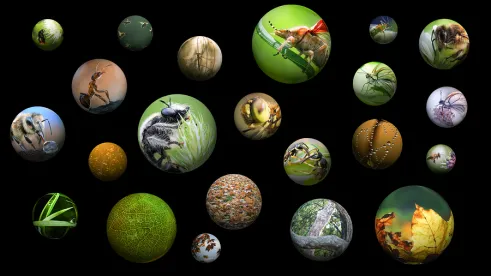On August 10, 2017, the United States Fish and Wildlife Service (USFWS or Service) issued a Federal Register notice indicating its intent to delay by six months its determination to list the Texas hornshell mussel as an endangered species. The decision to postpone the final determination, which also extends the comment period to Sept. 11, 2017, was made based on “substantial disagreement” about the status of the species in Mexico. It also occurs within the context of debate within Congress about the Endangered Species Act (ESA) amid concerns about the ESA’s economic impacts.
The USFWS was obligated within a year of its proposed rule of August 10, 2016 to finalize that rule, withdraw it, or extend the determination by no more than six months. The Service indicated it is electing to extend the deadline and comment period in order to solicit additional scientific information on the status of and threats to any Texas hornshell populations in Mexico. The final listing determination will be made by Feb. 10, 2018.
According to the Service, the Texas hornshell currently occupies only 15 percent of its original historical range in the Rio Grande River Basin in New Mexico and Texas, and it is the only native mussel remaining in New Mexico. The mussel is known to be present downstream of Big Bend National Park and near Laredo in Webb County, Texas, and the Devil’s River in Val Verde County, Texas. The USFWS notes that the species’ numbers have been affected by river fragmentation and loss as a result of impoundments and reduced water quality and quantity.
The USFWS’s announcement of the delay noted the July 7, 2017 issuance of a draft Candidate Conservation Agreement (CCA), draft Candidate Conservation Agreement with Assurances (CCAA) and draft environmental assessment for the Texas hornshell and four other aquatic species in western Texas and southeastern New Mexico. The agency noted that if the CCA and CCAA are finalized, landowners and industry may sign up under these agreements during the six-month deadline extension.




 />i
/>i

